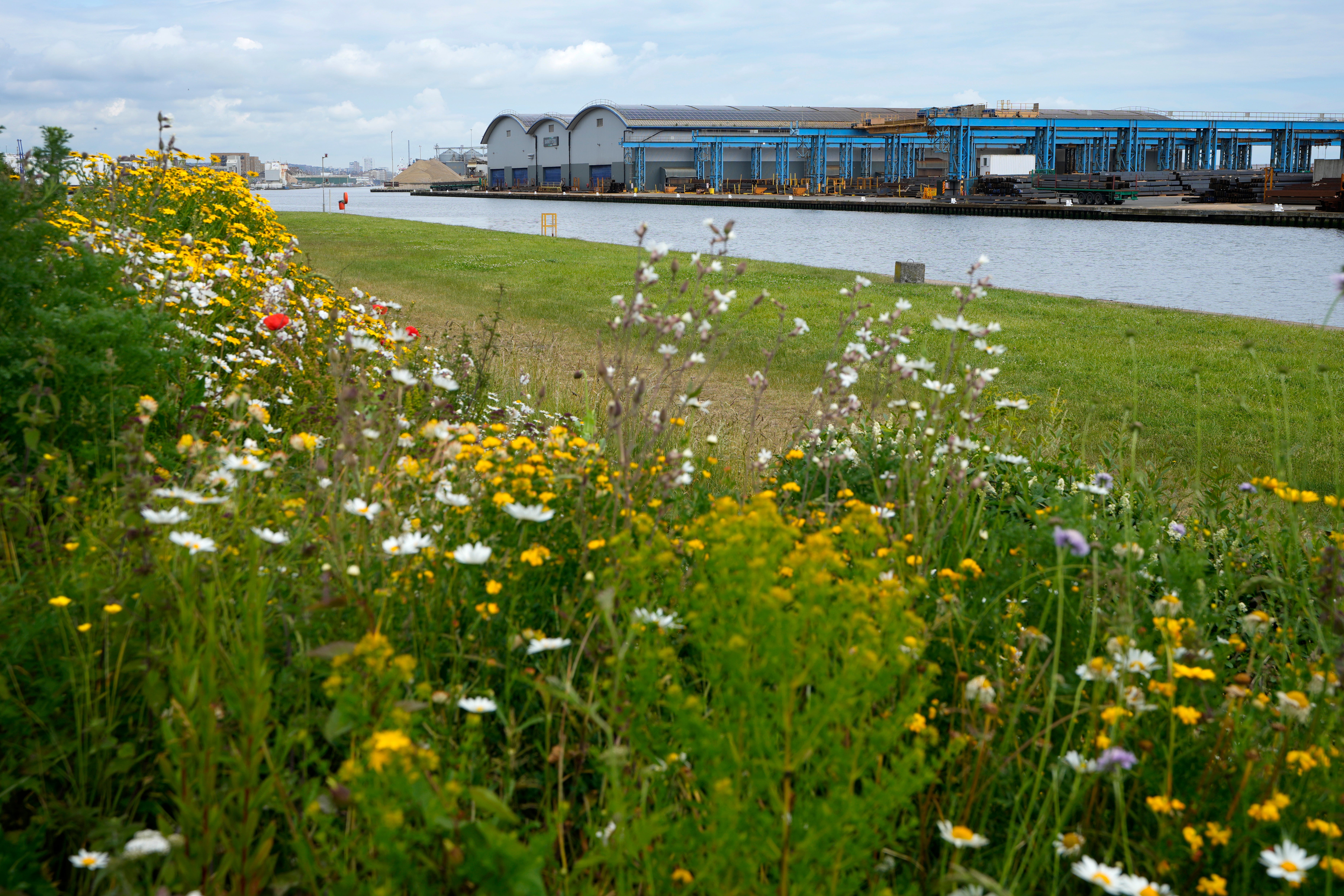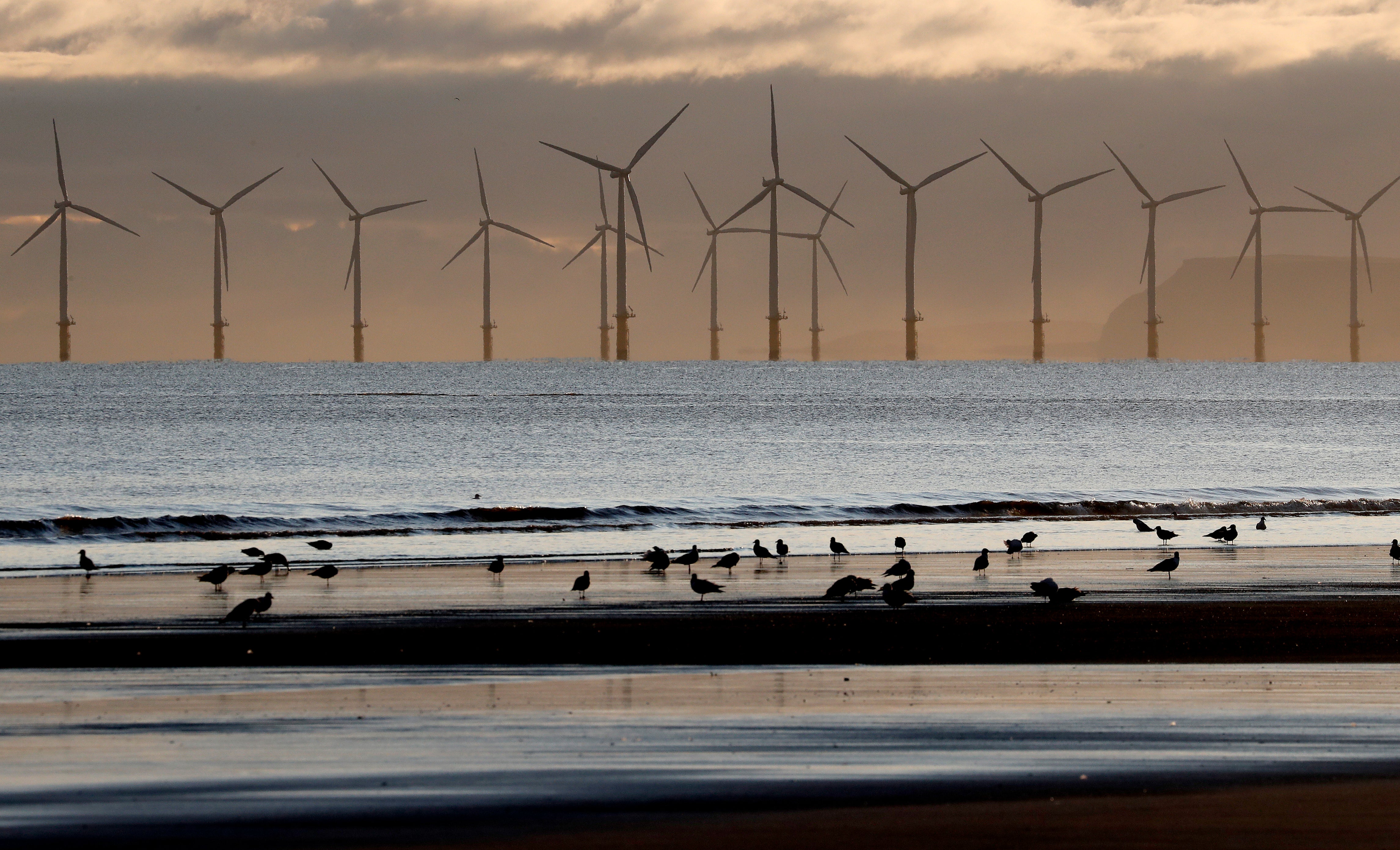The government has unveiled its “most ambitious” clean power plan yet, pledging to produce almost all its electricity from renewables by 2030 in a bid to stabilise energy prices.
The plan, announced on Friday, sets a target of achieving 95 per cent clean electricity by the end of the decade by overhauling the country’s electricity grids, expanding investment and connecting more houses to renewables.
Energy secretary Ed Miliband described the measures as amounting to “the most ambitious reform to the energy system in generations”.
“This is about harnessing the power of Britain’s natural resources to protect working people from the ravages of global energy markets,” he said. “The clean power sprint is the national security, economic security, and social justice fight of our time.”
The announcement comes after prime minister Sir Keir Starmer told reporters at the UN’s Cop29 climate summit that the UK wants to build on its reputation as a “climate leader”. The UK’s commitment under the Paris Agreement is to reduce emissions by at least 81 per cent by 2035 compared to 1990 levels.
The government says its new roadmap will protect households from energy price spikes by shifting Britain’s reliance on volatile fossil fuel markets to homegrown renewables like wind and solar. To do this it aims to unlock £40bn annually in private investment, paving the way for economic growth and thousands of skilled jobs across the UK.
“The UK has paid the price for over-reliance on expensive gas over the past few years, and the crisis is not over yet,” said Jess Ralston, head of energy at the Energy and Climate Intelligence Unit.
“Accelerating the rollout of renewables will stabilise prices, and clean technology like electric heat pumps will increasingly run off British wind and solar in contrast to gas boilers, which rely on foreign imports.”
Clean energy projects have been stuck in long queues under a “first-come, first-served” system, leaving billions of pounds of investment tied up. With its new plan, the Labour government wants to prioritise ready-to-go projects that are in line for meeting the 2030 target while removing speculative or stalled proposals from the queue.
The government says its Planning and Infrastructure Bill will streamline approvals for critical energy projects like wind farms and battery storage facilities.

The UK shut down its last coal-fired power plant in 2024, drawing to a close Britain’s 142-year reliance on one of the dirtiest fossil fuels to produce electricity. Renewables, mainly wind and solar power, now make up more than half of the mix, according to government statistics.
However, the growth of renewables is threatened by a lack of energy storage capacity, vital to stabilise the grid during periods when wind or solar generation fluctuates, something that has led to zero or negative pricing in Europe and elsewhere. The government has pledged to scale up battery storage and expand grid flexibility, ensuring electricity generated from renewables can be stored and then deployed when demand peaks.
The National Energy System Operator (NESO), whose analysis underpins the plan, has called the 2030 target “challenging but achievable”. The NESO said that a clean power system would deliver a more secure and lower-cost electricity system, with long-term benefits for consumers.

Beyond environmental goals, the government says the clean power plan is expected to drive economic growth by creating thousands of skilled jobs in sectors like engineering, manufacturing, and construction.
Recent projects like the Hornsea 3 offshore wind farm, which secured £100m in contracts this week, and the upcoming carbon capture initiative in Teesside highlight the economic potential of clean energy. The Teesside carbon capture plant is set to create thousands of roles in the North East.
Shadow energy secretary Claire Coutinho accused the government of pushing through reforms that could raise energy bills.
“Ed Miliband spent the election promising to cut energy bills by £300 by 2030, then took the same amount away from pensioners in poverty. Now his promise to cut bills by £300 is nowhere to be seen,” she said.
“Instead, he now has black and white proof that his rush to decarbonise the electricity system by 2030 will push up electricity prices and cause more hardship for people across Britain, but he’s pushing on regardless.
“We need cheap, reliable energy – not even higher bills.”
Mr Ralston called the plan “a significant step towards achieving energy independence”.
“It will also be crucial that the government focuses on fixing up our leaky homes and switching away from gas boilers,” he said.







